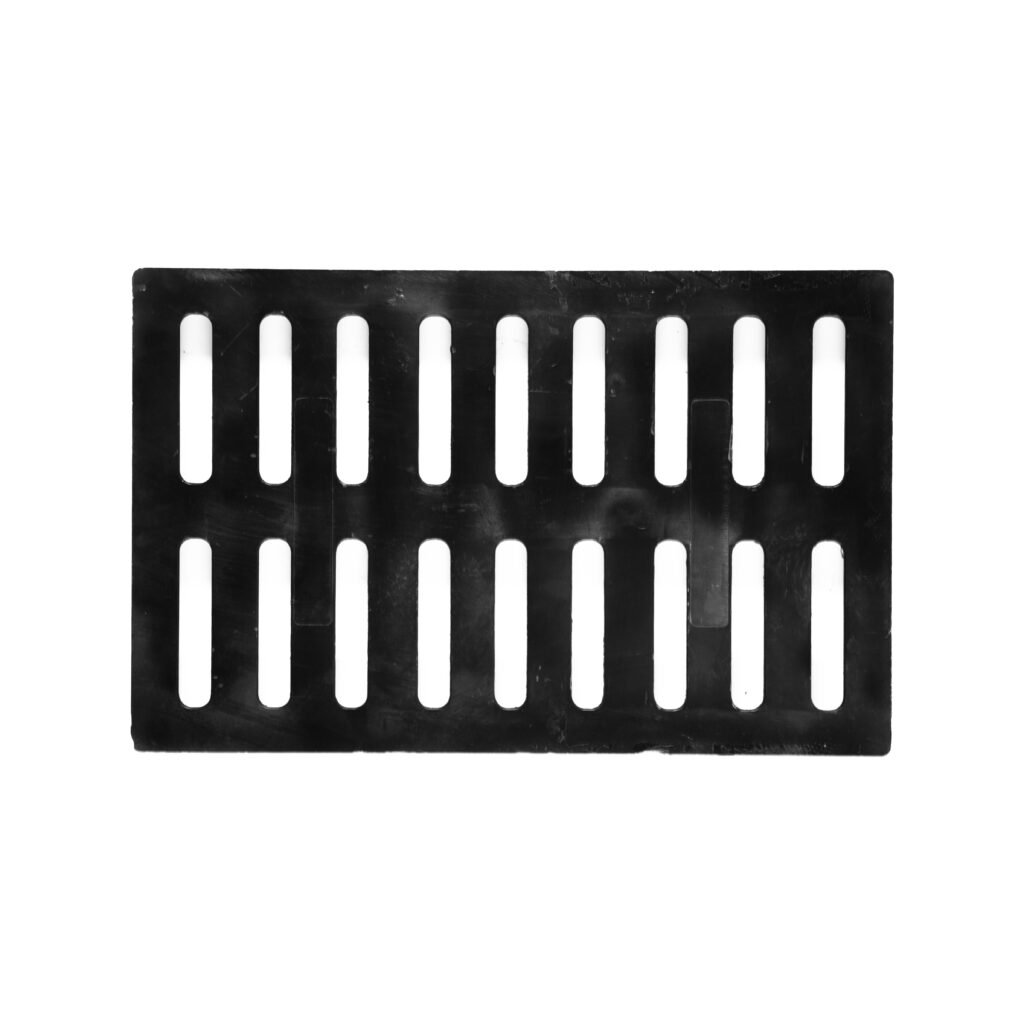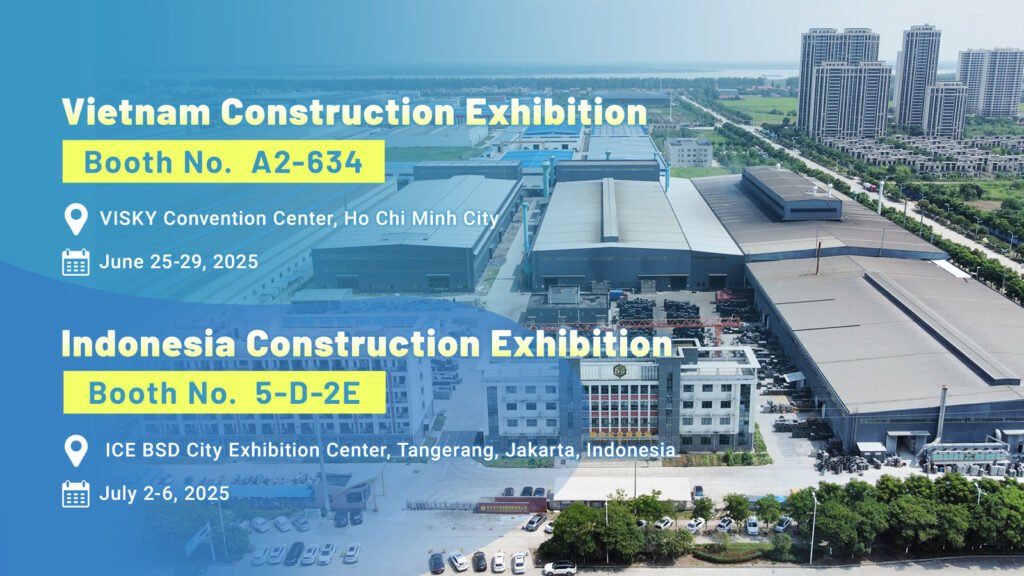In recent years, an increasing number of private homeowners and urban infrastructure managers are opting for composite single grates (trench covers). These products, designed to seal concrete manhole frames, are widely adopted for their exceptional performance. After all, providing reliable and durable covers for manholes or inspection chambers is crucial for safety and property protection. So, what advantages make plastic covers so popular? Let’s explore their key benefits and understand why plastic covers are becoming the preferred solution.

Lightweight & Easy Installation
One primary advantage is their lightweight nature. Compared to traditional metal or concrete covers, composite materials significantly reduce weight. This simplifies transportation, handling, and installation. The lightness saves time and labor while lowering the risk of worker injuries. Installation requires no heavy machinery—particularly valuable for individual projects in rural settings.
Additionally, fixing plastic covers requires no specialized fasteners or tools. Their simplicity makes them ideal even for those without construction expertise, eliminating the need for professional hires and reducing installation costs.
Corrosion Resistance
Traditional metal covers often corrode, especially in humid or chemically exposed environments. Plastic products avoid this flaw entirely. They never rust and need no anti-corrosion treatments, extending service life and slashing maintenance costs. Materials used resist UV rays, mold, and chemicals, ensuring long-term durability.
Corrosion-free also means covers retain their appearance throughout their lifecycle. Avoiding repairs and replacements—common with metal covers—makes plastic a compelling choice for manhole protection.
Eco-Friendliness & Safety
Modern plastic products use environmentally safe materials that release no harmful substances. Their production processes and raw materials comply with strict ecological standards—critical for high-hygiene areas like schools and medical facilities.
Plastic’s inert nature prevents chemical reactions, eliminating soil or water contamination risks. This safety allows use in private homes, schools, kindergartens, and healthcare facilities.
Aesthetic Flexibility
Plastic covers come in diverse shapes, colors, and textures (e.g., stone or wood grain patterns), enabling seamless integration into landscapes. Whether enhancing a villa garden or public space, they harmonize with surroundings while maintaining functionality.
Designers and owners can realize creative visions without sacrificing practicality, making plastic covers ideal for aesthetically sensitive projects.
Cost Efficiency
Composite grates offer significant cost advantages:
- - Lower initial price than metal/concrete alternatives.
- - Zero anti-corrosion or frequent replacement expenses.
- - Long-term savings offset upfront investment.
This is especially beneficial for large-scale infrastructure or construction sites.

Mechanical Durability
Despite their lightweight appearance, plastic covers boast high mechanical strength. They withstand loads comparable to metal grates, making them suitable for high-traffic areas. The material absorbs impacts, reducing damage risks from falling objects or vehicle collisions.
Unlike metal, plastic doesn’t produce sharp shards when deformed, enhancing user safety. Lower injury and property damage risks make composite grates a secure, efficient choice for individuals and institutions.
Combining all these advantages—lightweight ease, corrosion resistance, eco-safety, aesthetics, cost savings, and durability—composite single grates have become a highly sought-after solution for modern safety and landscape enhancement needs.




